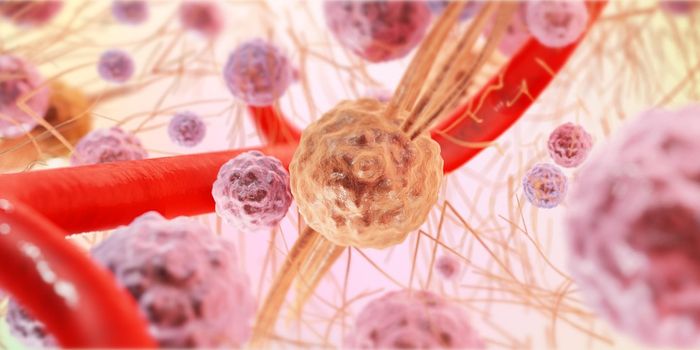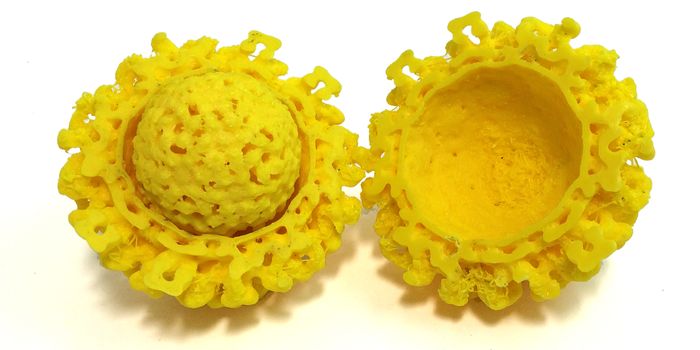Behind the Scenes: Regulation in the Immune System
Regulatory T cells control the activity of other cells, but who regulates the regulatory T cells? Scientists from the Salk Institute answered this question in their new study, which now has an application to cancer immunotherapy and treatments for rheumatoid arthritis, type 1 diabetes, and other autoimmune diseases.
Researchers discovered the protein responsible for controlling the survival and function of Tregs - Lkb1 - and, subsequently, a new way to manipulate Treg activity and improve “immune-related therapies.”
"Tregs are at the crossroads of inflammation," explained senior author Ronald Evans. "If you have a lot of Tregs in the environment, they weaken your immune response. If you have too few you go down the road of chronic inflammation."
Lkb1, also known as liver kinase B1, has long been known to be involved in cell metabolism, but researchers are just now recognizing its connection to Treg activity. “By compromising the ability of [Tregs] to make energy, we see very profound autoimmune disorders,” explained researcher Annette Atkins.
Researchers illustrated the impact of Lkb1 using mouse models altered to lack the gene responsible for producing the Lkb1 protein. Lkb1-deficient mice showed obvious autoimmune symptoms and died within weeks of being born. The root cause appeared to be a virtually zero level of ATP, their most important source of energy, as well as “defective mitochondria.”
How could manipulating Tregs through Lkb1 impact cancer immunotherapies? In the context of cancer, sometimes tumor cells hijack Tregs and use them to block the activity of specialized immune cells designed to attack tumors. Inhibiting the production of Lkb1 would allow scientists to prevent tumor cells from hiding from the immune system, and the body’s natural processes could fight cancer on their own.
The complete opposite action could help scientists improve treatments for autoimmune disease. When Tregs don’t do a good enough job of preventing the immune system from going overboard, immune cells can actually target the body’s own healthy cells mistakenly. This activity leads to all kinds of autoimmune disease. But by producing extra Lkb1 proteins to boost the activity of Tregs, scientists could prevent these autoreactive immune responses from happening in the first place.
While Lkb1 has proven to be a difficult target, the team of researchers from the Salk Institute is already well on the way to identifying key drug targets as well as developing drugs that, according to associate professor Ye Zheng, “could either inhibit or enhance the pathway, depending on what we want them to do.”
The present study was published in the journal Proceedings of the National Academy of Sciences.
Source: Salk Institute









